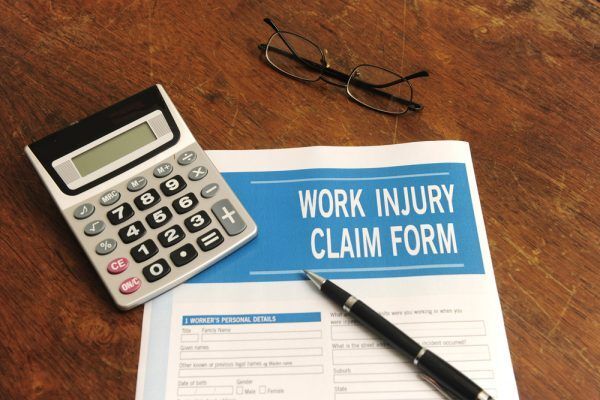A Hotel Housekeeper became ill when she encountered a mysterious white powder in a hotel room. It was reported that there was “a “white powdery substance” near the bathroom sink and [the worker] began feeling dizzy and nauseous…” Nypost.com According to the reports, tests found that the substance was not hazardous material.
This article will discuss how this type of claim would be handled from the onset within the workers’ compensation system.
After the Worker Got Hurt, What Should Happen?
In California, Employers are obligated to provide treatment. The Hotel Worker, in this matter, would be taken to a medical facility to be treated and evaluated. Hopefully, the Worker would receive blood, urine and drug testing.
Because of the mysterious nature of the powder, the insurance company most likely would delay in accepting liability for the claim. . The insurance company may want to know “what was in the powder?” before taking any action. Under Labor Code 5402, the insurance company is allowed to investigate a claim for 90 days.
How Will This Case Be Proven To Be Work-Related?
In this matter, the initial medical treatment records will be important. The worker’s medical diagnosis is critical. The nature of the powder, however, is of lesser importance.
Even if the powder was not toxic and was benign, a Worker, seeing the powder, could have suffered an emotional reaction from that event. This would be covered under workers’ compensation. In that circumstance, either a psychiatric injury or physiological response to stress, i.e. aggravation of hypertension, could have occurred.
If there were an un-stress related medical diagnoses, a nexus or connection would have to be made to the substance. Thus, medical testing, i.e. blood or urine, would be important to prove the case. Likewise, testing of the substance would be of import.
In the end, the medical injury will be determined by a medical evaluator. A treating physician, qualified medical examiner or agreed medical examiner will offer their opinions on industrial causation.
What if I Need Advice?
If you would like a free consultation regarding workers’ compensation, please contact the Law Offices of Edward J. Singer, a Professional Law Corporation. We have been helping people in Central and Southern California deal with their workers’ compensation cases for 27 years. Contact us today for more information.

